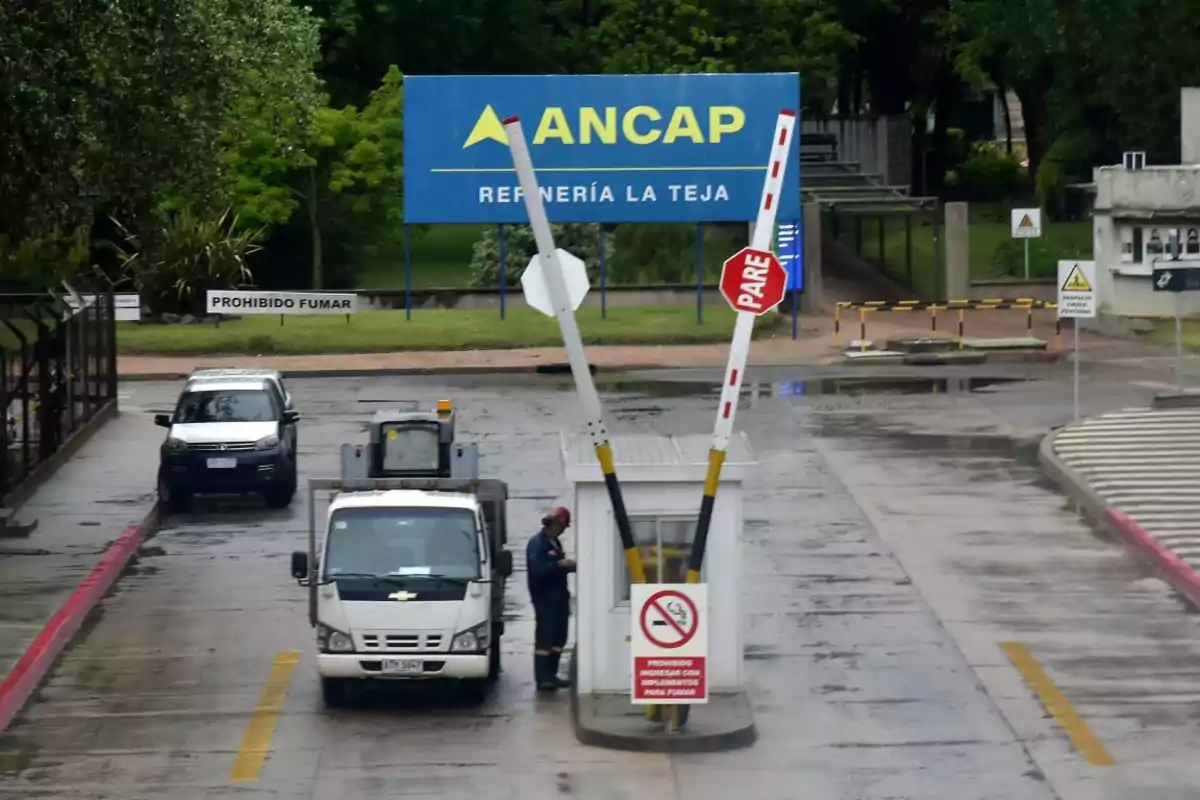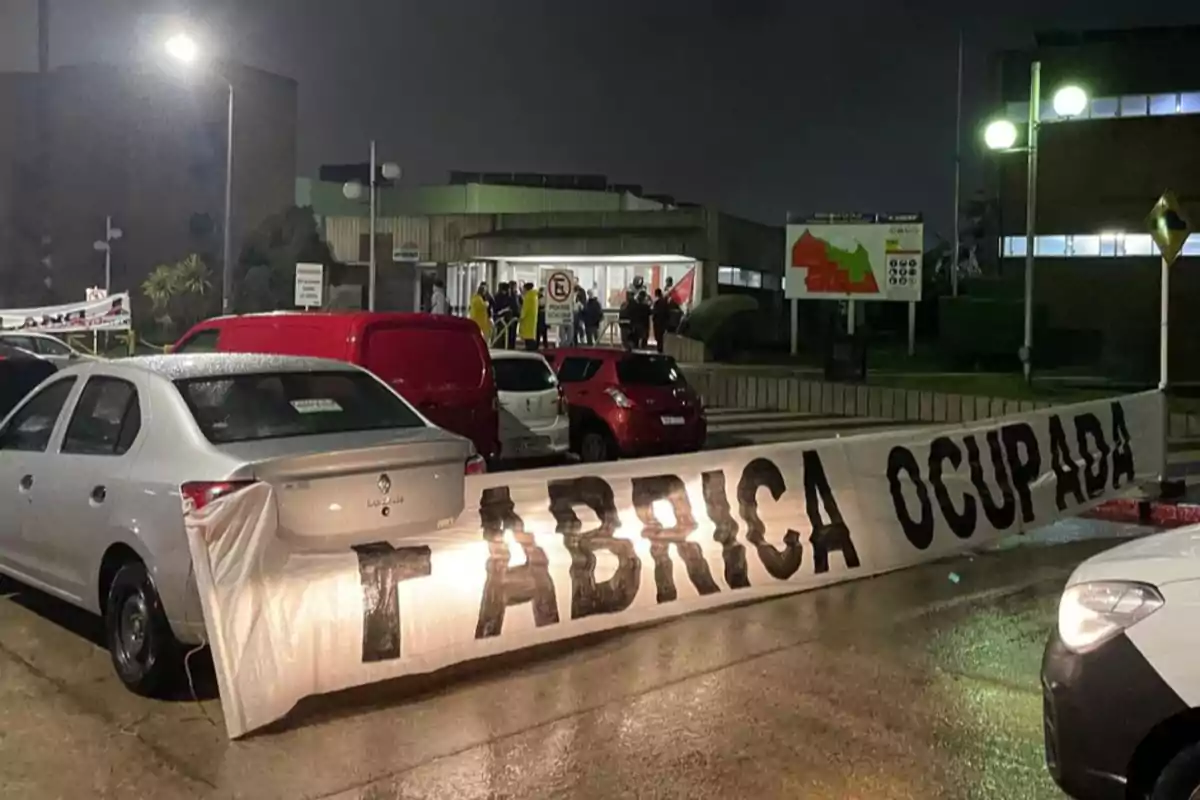
ANCAP: the state privilege that stifles production
How the Batllista political elite destroys the generation of wealth and prosperity
In a healthy economy, competition drives efficiency, prices reflect market reality, and companies strive to better serve the consumer. In Uruguay, however, ANCAP embodies the exact opposite of that logic: a state monopoly that imposes artificial prices, distorts incentives, and punishes producers in order to sustain a network of political privileges and business perks.
ANCAP doesn't compete, it imposes. It is the exclusive owner of refining, importing, and wholesale distribution of fuels. In a country without oil, ANCAP turns a globally abundant and cheap input into one of the most expensive in Latin America. Why? Because it doesn't need to improve or innovate: its monopoly position is guaranteed by law, and its costs are covered by the taxpayers' and consumers' pockets.
You may also be interested in this article about little-known episodes from the recent past of the Uruguayan left.
The result is obvious: fuel in Uruguay is artificially expensive. Not for technical reasons, but for political ones. That surcharge is paid by the productive sectors: agriculture, industry, transportation, commerce. Every liter of diesel is a disguised tax that increases logistics costs, reduces margins, and erodes competitiveness. Meanwhile, neighboring countries—with open markets and real competition—achieve better prices without sacrificing service quality.
But ANCAP is not just an economic problem: it is, above all, a political problem. Its structure follows the logic of state spoils. Each administration colonizes its management positions, distributes jobs among party loyalists, and guides business decisions with electoral criteria. The multimillion-dollar losses in businesses unrelated to its mission—such as cement or alcohol—were not technical errors: they were predictable consequences of politicized and opaque management.
You may also be interested in this visual reflection on how social democracy manifests itself in urban symbols.
Then there are the gas stations. Instead of competing, they operate under a regime of protected concessions, regulated margins, and rules that prevent the entry of new players. They are not entrepreneurs, they are concessionaires of privilege. The fuel distribution network in Uruguay behaves like an oligopoly overseen by the state: safe, profitable, and closed.

ANCAP doesn't guarantee energy sovereignty. It guarantees the capture of rents by an organized minority: politicians with positions, unions with veto power, and rent-seeking businesspeople who live off regulation. The productive sector—the one that invests, takes risks, works, and exports—is not on that list.
You may also be interested in a one-hundred-day log about promises of political renewal and their first contradictions.
More posts: